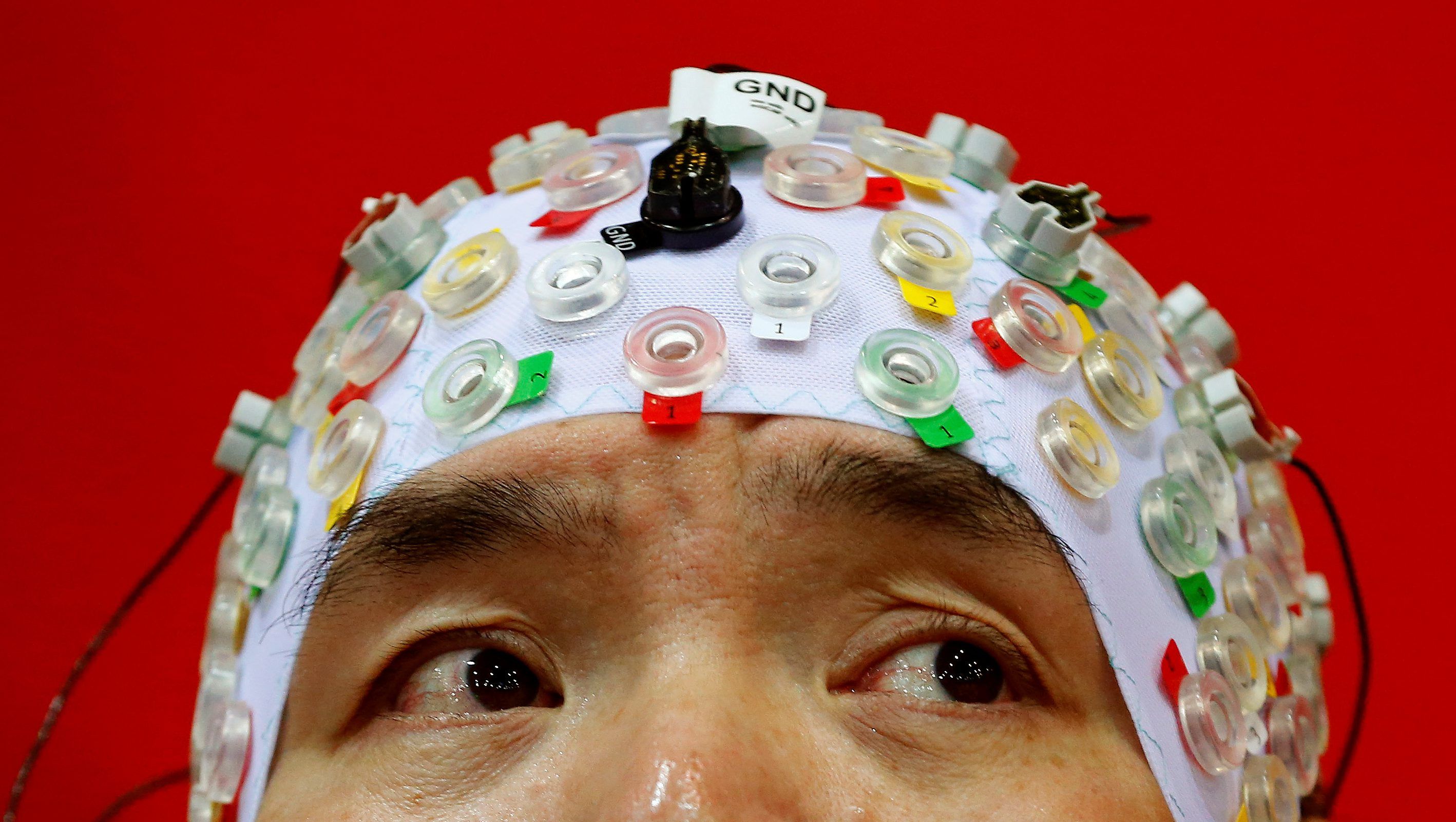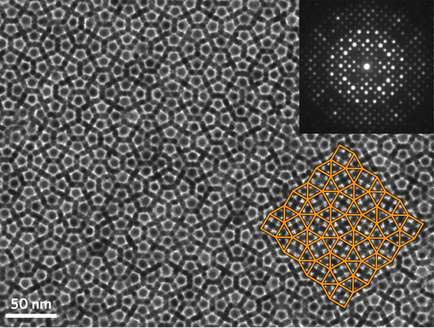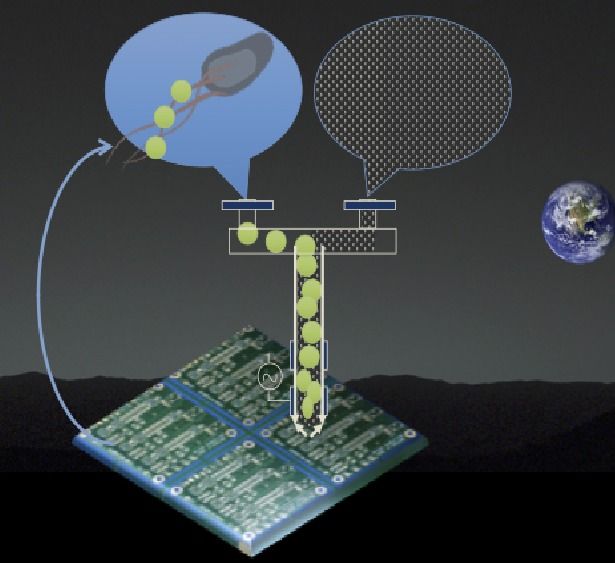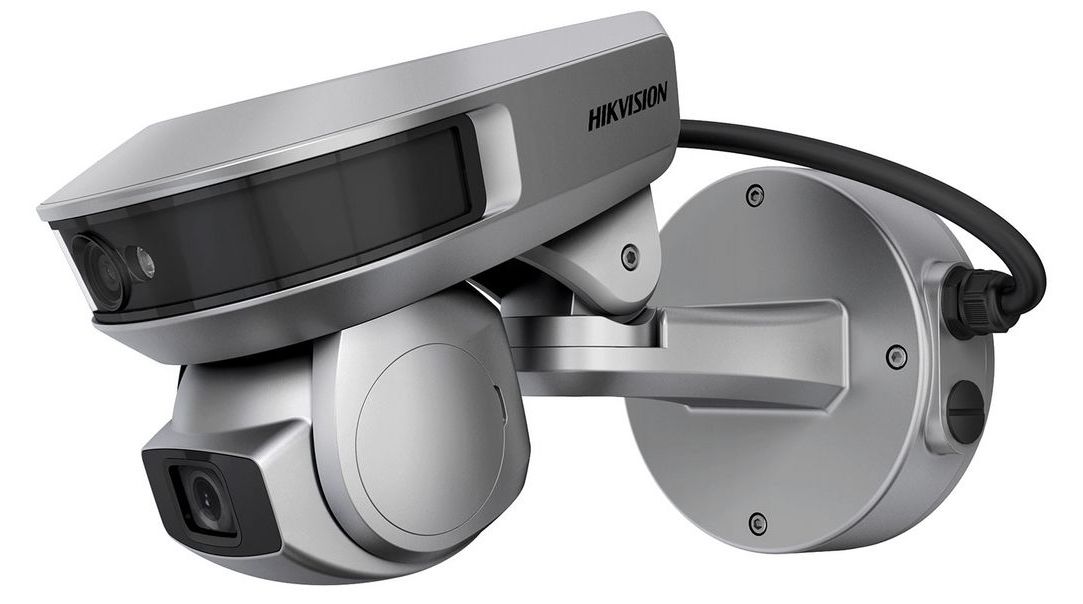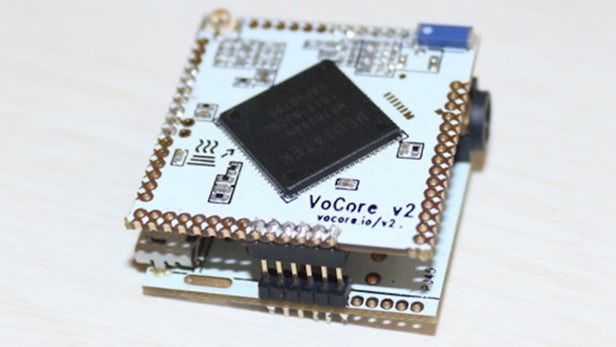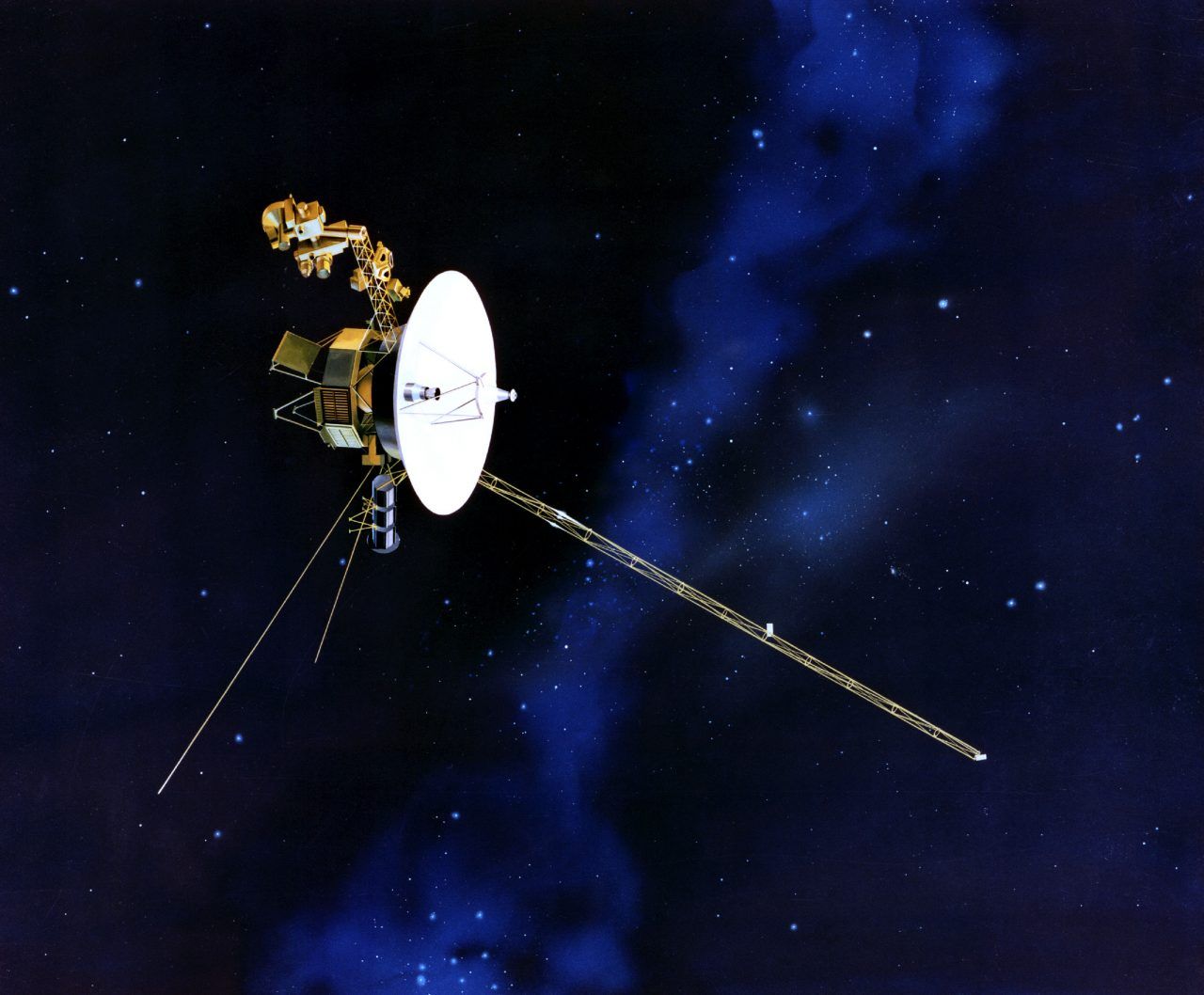Page 10472
Oct 25, 2016
DARPA wants to prevent genetic engineering from destroying the world
Posted by Carse Peel in categories: bioengineering, genetics
The idea of a genetic mutation spreading rapidly through a population isn’t as far-fetched a possibility as it once was.
Oct 25, 2016
Researchers discover new rules for quasicrystals
Posted by Carse Peel in categories: biotech/medical, particle physics
Crystals are defined by their repeating, symmetrical patterns and long-range order. Unlike amorphous materials, in which atoms are randomly packed together, the atoms in a crystal are arranged in a predictable way. Quasicrystals are an exotic exception to this rule. First discovered in 1982, their atoms pack together in an orderly fashion, but in a mosaic-like pattern that doesn’t repeat and can’t be predicted from a small sample.
Being able to map out the position of individual atoms within a quasicrystal is a prerequisite for achieving a complete understanding of their structure and aids in designing them for specific applications, but conventional microscopy techniques don’t have the resolution to accomplish such a task.
In an effort to address this challenge, researchers from the University of Pennsylvania and the University of Michigan have engineered a quasicrystal that is formed by self-assembling nanoparticles, which are an order of magnitude larger than the atoms that comprise traditional quasicrystals. Their larger size enabled the team to use a suite of microscopy and simulation techniques to deduce, for the first time, the full three-dimensional configuration of a spontaneously formed quasicrystal.
Oct 25, 2016
Watch a student-designed Hyperloop pod LEVITATE for the first time
Posted by Carse Peel in categories: Elon Musk, sustainability, transportation
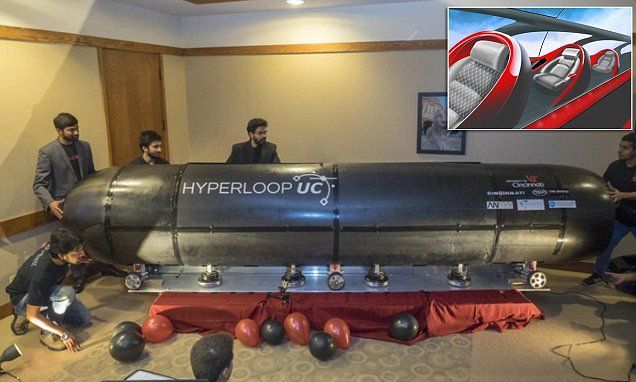
The future of travel is here: Watch a Hyperloop pod designed by students LEVITATE for the first time…
A team of more than 60 students from the University of Cincinnati came up with the prototype as part of Tesla boss Elon Musk’s Hyperloop design competition.
Continue reading “Watch a student-designed Hyperloop pod LEVITATE for the first time” »
Oct 25, 2016
The Lancet: Swiss doctors report success of using cells from the nose to repair damaged knee joints 2 years post operation
Posted by Steve Hill in categories: bioengineering, biotech/medical
Tissue engineering makes further progress for repairing damaged joints.
Writing in The Lancet, Swiss doctors report that cartilage cells harvested from patients’ own noses have been used to successfully produce cartilage transplants for the treatment of the knees of 10 adults (aged 18–55 years) whose cartilage was damaged by injury. Two years after reconstruction, most recipients reported improvements in pain, knee function, and quality of life, as well as developing repair tissue that is similar in composition to native cartilage.
Despite this promising start, however, the effectiveness of the procedure needs to be rigorously assessed in larger randomised trials compared to conventional treatments and with longer follow up before any firm conclusions can be drawn about its use in routine clinical practice, say the authors.
Oct 25, 2016
Metal-Munching Microbes Could Manufacture Machines On Mars
Posted by Klaus Baldauf in categories: biological, engineering, space
Oct 24, 2016
AI-powered security cameras recognize small details faster
Posted by Shane Hinshaw in categories: robotics/AI, security
Oct 24, 2016
Meet the Fully Programmable Linux Computer That’s Smaller Than a Coin
Posted by Shane Hinshaw in categories: computing, media & arts, security
Microcomputers are great for learning about code and hardware. The VoCore2 Mini is the smallest ever, packing full Linux functionality and wireless connectivity into a coin-sized device. New Atlas Deals has it for just $42.99.
This impressive little computer is capable of running programs in C, Java, Ruby, JavaScript, and many other languages. This means you can code the VoCore2 to expand its functionality, turning it into a VPN gateway, airplay music station, and much more.
You can also augment the VoCore2 with hardware components for further tinkering fun. Add a USB webcam to turn it into a home security camera, attach a microphone to issue voice commands to Siri or Echo, and so on. Your projects are limited only by your imagination.
Oct 24, 2016
Fighting cancer with the power of immunity
Posted by Steve Hill in categories: biotech/medical, engineering
Combination therapy to kick cancer to the curb!
Harnessing the body’s own immune system to destroy tumors is a tantalizing prospect that has yet to realize its full potential. However, a new advance from MIT may bring this strategy, known as cancer immunotherapy, closer to becoming reality.
In the new study, the researchers used a combination of four different therapies to activate both of the immune system’s two branches, producing a coordinated attack that led to the complete disappearance of large, aggressive tumors in mice.
Continue reading “Fighting cancer with the power of immunity” »
Oct 24, 2016
Voyager 2 “hacked” in deep space? NASA Scientist: It can be called an alien language
Posted by Aleksandar Vukovic in category: alien life
BELGRADE – NASA’s ground-breaking voyager 2 probe is more than 3 decades into its epic journey towards deep space. On April 22nd, 2010 just as the craft prepares to cross the boundary to enter into interstellar space, it malfunctions, physics-astronomy.com reported.
As NASA’s planetary scientist, Kevin Baines said:
“Just about 10 billion miles away from the Earth and all of the sudden it starts sending data in the language we don’t understand. It can be called as an alien language”
